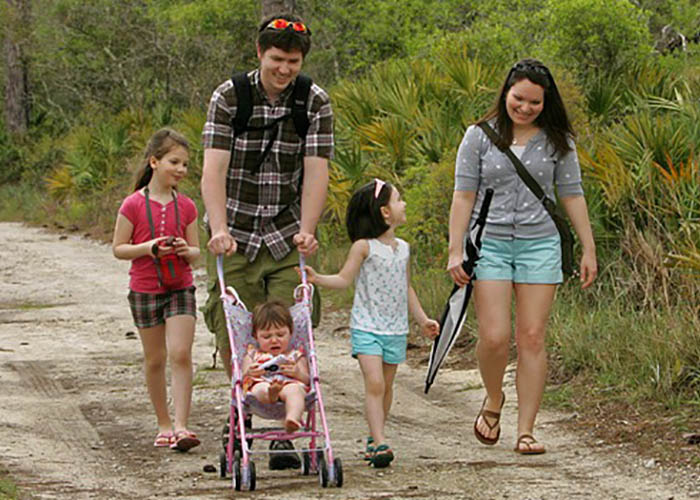Role of parental relationships and attachment
The role of parents in emotional and social development is extremely influential in early childhood development.
Parents play a vital role in the development of empathy. If a child has a warm and trusting relationship with their parent, then positive emotions are more likely to be developed. Those children who have a strong sense of empathy are also more likely to show sympathy to others at a later stage.
Attachment is still important at this stage and at times attachment behaviour will still be seen, such as a 2 to 3 year old clinging to their mother when approached by a stranger. However, during this developmental stage a child will increasingly seek independence and begin to cope with the anxiety this may create. This is helped by other developments, such as an increasing awareness of time and peer relationship development.
In regard to attachment theory, Bowlby suggests that at around the age of 4 a new level of attachment occurs. The child begins to understand that the relationship with a parent or carer continues even when they are apart.
It should be noted that children who have more secure attachment with their parents are more likely form positive relationships with peers and adults, have positive behaviour and be able to demonstrate appropriate emotional responses, such as how to respond when angry or frustrated. There is also a link between attachment and the ability to show empathy. Children who feel secure are more likely to be able to express empathy and show comfort.
